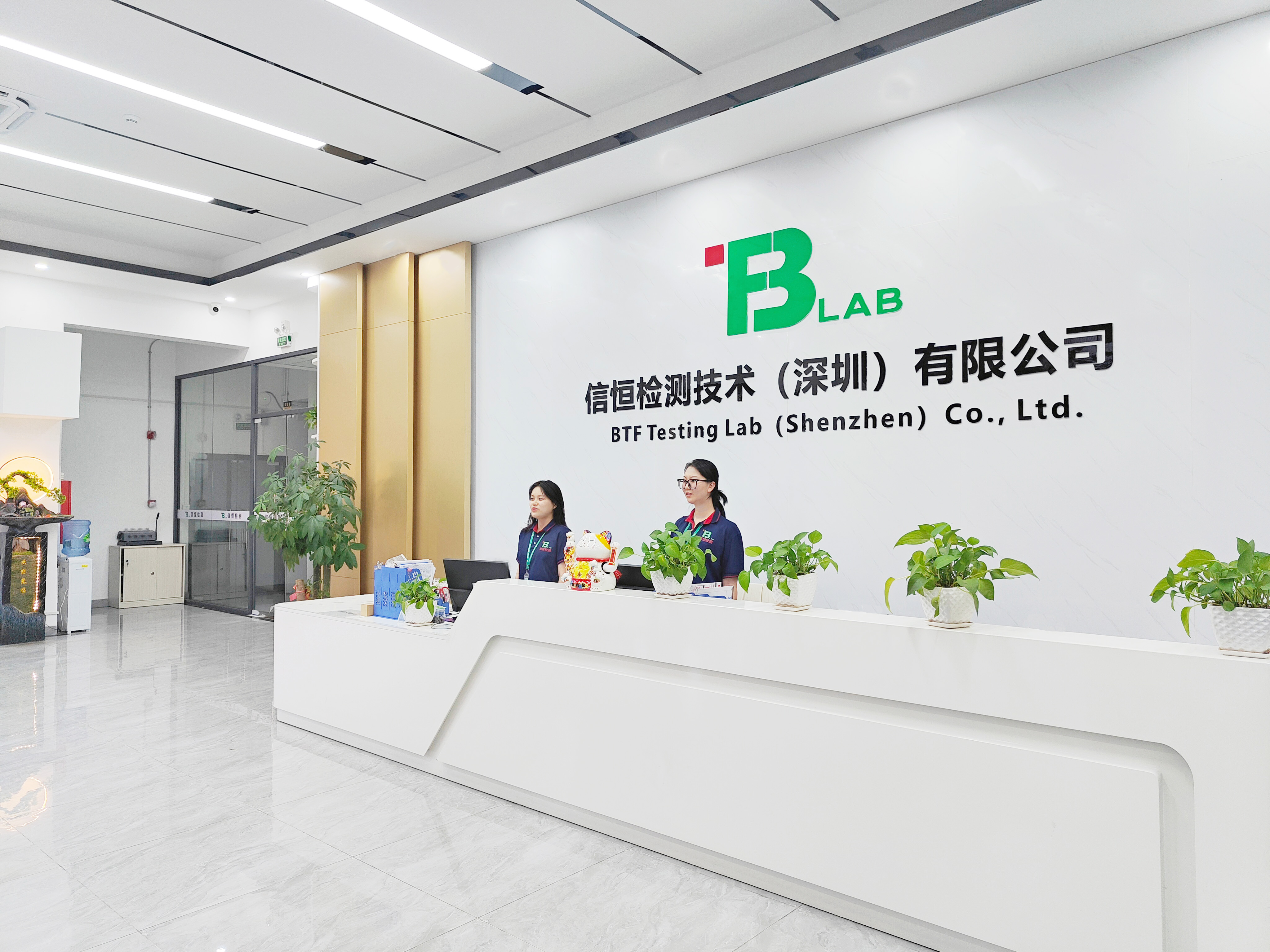1.What is GPSR?
GPSR refers to the latest General Product Safety Regulation issued by the European Commission, which is an important regulation to ensure product safety in the EU market. It will take effect on December 13, 2024, and GPSR will replace the current General Product Safety Directive and the Food Imitation Product Directive.
Scope of application: This regulation applies to all non food products sold offline and online.
2.What are the differences between GPSR and previous safety regulations?
GPSR is a series of important modifications and improvements to the previous EU General Product Safety Directive (GPSD). In terms of product compliance responsible person, product labeling, certification documents, and communication channels, GPSR has introduced new requirements, which have some significant differences from GPSD.
1) Increase in Product Compliance Responsible Person
GPSD: ① Manufacturer ② Distributor ③ Importer ④ Manufacturer Representative
GPSR: ① Manufacturers, ② Importers, ③ Distributors, ④ Authorized Representatives, ⑤ Service Providers, ⑥ Online Market Providers, ⑦ Entities Other than Manufacturers that Make Significant Modifications to Products [Added 3 Types]
2) Addition of product labels
GPSD: ① Manufacturer's identity and detailed information ② Product reference number or batch number ③ Warning information (if applicable)
GPSR: ① Product type, batch or serial number ② Manufacturer name, registered trade name or trademark ③ Manufacturer's postal and electronic address ④ Warning information (if applicable) ⑤ Suitable age for children (if applicable) 【 Added 2 types 】
3) More detailed proof documents
GPSD: ① Instruction manual ② Test report
GPSR: ① Technical documents ② Instruction manual ③ Test report 【 Technical documents introduced 】
4) Increase in communication channels
GPSD: N/A
GPSR: ① Phone number ② Email address ③ Manufacturer's website 【 Added communication channel, improved communication convenience 】
As a regulatory document on product safety in the European Union, GPSR highlights the further strengthening of product safety control in the EU. It is recommended that sellers promptly review product compliance to ensure normal sales.
3.What are the mandatory requirements for GPSR?
According to GPSR regulations, if an operator engages in remote online sales, they must clearly and prominently display the following information on their website:
a. Manufacturer's name, registered trade name or trademark, as well as postal and electronic address.
b. If the manufacturer does not have an EU address, provide the name and contact information of the EU responsible person.
c. Product identifier (such as photo, type, batch, description, serial number).
d. Warning or safety information.
Therefore, in order to ensure compliant sales of products, eligible sellers must register an EU responsible person when placing their products on the EU market and ensure that the products carry identifiable information, including the following:
①Registered EU Responsible Person
According to GPSR regulations, every product launched into the EU market must have an economic operator established in the EU responsible for security related tasks. The information of the responsible person should be clearly indicated on the product or its packaging, or in accompanying documents. Ensure that technical documents can be provided to market supervision agencies as required, and in the event of any malfunction, accident, or recall of products from manufacturers outside the EU, authorized representatives from the EU shall contact and notify the competent authorities.
②Ensure that the product contains identifiable information
In terms of traceability, manufacturers have an obligation to ensure that their products carry identifiable information, such as batch or serial numbers, so that consumers can easily view and identify them. GPSR requires economic operators to provide information about products and identify their purchasers or suppliers within 10 and 6 years after supply, respectively. Therefore, sellers need to actively collect and store relevant data.
The EU market is increasingly strengthening its review of product compliance, and major e-commerce platforms are gradually putting forward stricter requirements for product compliance. Sellers should conduct early compliance self-examination to ensure that the product meets relevant regulatory requirements. If the product is found to be non compliant by local authorities in the European market, it may lead to product recalls, and even require the removal of inventory in order to appeal and resume sales.
Post time: Jan-19-2024











